Injectable
Showing 1–12 of 36 results
-
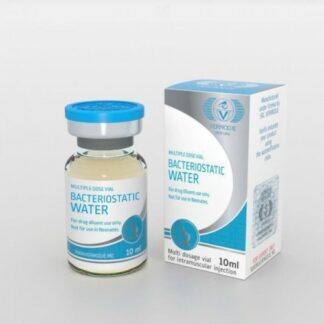 BACTERIOSTATIC WATER (Benzyl Alcohol)
BACTERIOSTATIC WATER (Benzyl Alcohol)SC VERMODJE SRL
Price $10.00 Buy -
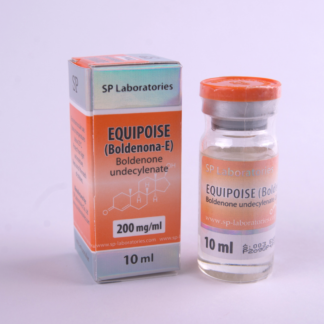 Boldenone Undecylenate (Equipoise, Boldenona-E, Bold 200, Boldever )
Boldenone Undecylenate (Equipoise, Boldenona-E, Bold 200, Boldever )SP, Centrino, Vermodje
Price $45.00 – $450.00 Buy -
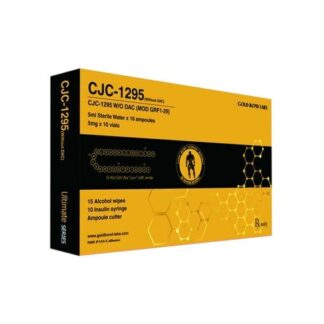 CJC-1295 (Ipamorelin)
Price $550.00
Buy
CJC-1295 (Ipamorelin)
Price $550.00
Buy -
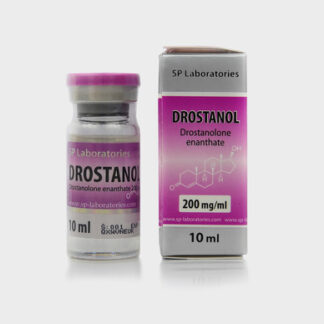 Drostanolone enanthate (DROSTANOL)
Drostanolone enanthate (DROSTANOL)SP laboratories
Price $120.00 – $290.00 Buy -
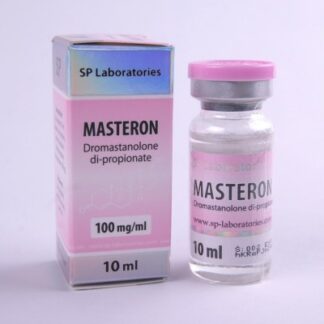 Drostanolone propionate (MASTERON, MASTEVER)
Drostanolone propionate (MASTERON, MASTEVER)SP laboratories (Moldova)
Price $75.00 – $180.00 Buy -
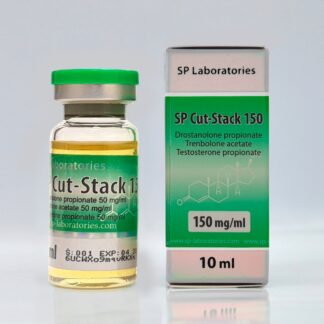 Drostanolone Propionate + Testosterone Propionate + Trenbolone Acetate (SP CUT-STACK 150)
Drostanolone Propionate + Testosterone Propionate + Trenbolone Acetate (SP CUT-STACK 150)SP laboratories (Moldova)
Price $85.00 – $205.00 Buy -
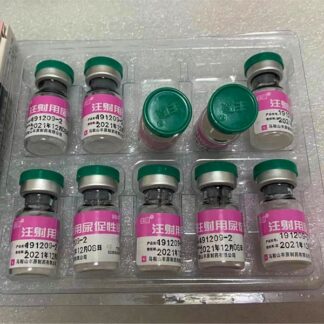 HMG – Human menopausal gonadotropin
HMG – Human menopausal gonadotropinPharm Grade (Hong Kong)
Price $130.00 Buy -
 Human Chorionic Gonadotropin (Pregnyl, HCG, SP Gonadotropin)
Human Chorionic Gonadotropin (Pregnyl, HCG, SP Gonadotropin)Yantai Beifang, SP laboratories
Price $150.00 Buy -
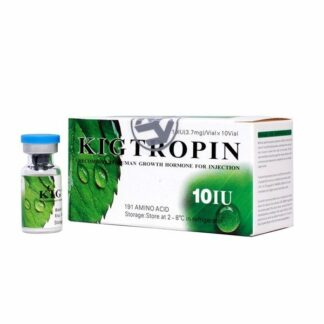 Human Growth Hormone (HGH, Kigtropin, SP TROPIN, Genotropin, Somatropin, Jintropin, Saizen, Vermotropin)
Human Growth Hormone (HGH, Kigtropin, SP TROPIN, Genotropin, Somatropin, Jintropin, Saizen, Vermotropin)SP, Vermodje, Merck Serono, GenSci, Kigtropin, Pfitzer
Price $225.00 – $800.00 Buy -
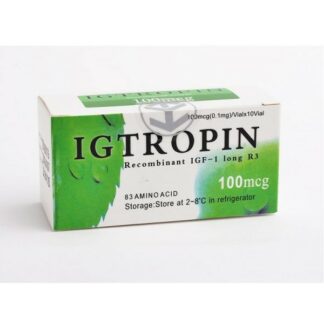 Igtropin IGF-1 Long R3 (insulin-like growth factor)
Igtropin IGF-1 Long R3 (insulin-like growth factor)Generic (china)
Price $220.00 – $520.00 Buy -
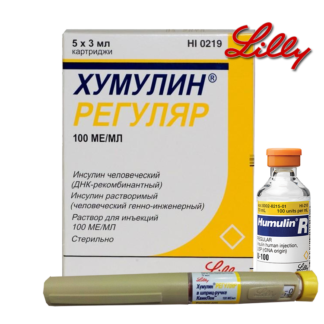 Insulin (Humulin Regular, Humulin NPH)
Insulin (Humulin Regular, Humulin NPH)Lilly (France)
Price $65.00 Buy -
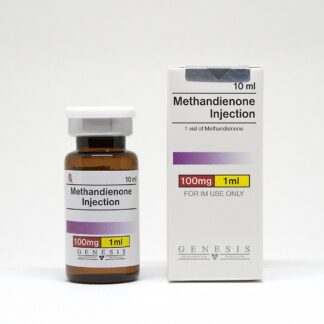 Methandienone Injection (Averbol, Andrometh, injectable dianabol) 10 ml 100mg/ml
Methandienone Injection (Averbol, Andrometh, injectable dianabol) 10 ml 100mg/mlGenesis (Singapore)
Price $60.00 Add to cart
Showing 1–12 of 36 results
Steroid injections
Steroid injections, also called corticosteroid injections, are anti-inflammatory medicines used to treat a range of conditions.
They can be used to treat problems such as joint pain, arthritis, sciatica and inflammatory bowel disease.
Steroid injections are only given by healthcare professionals. Common examples include hydrocortisone, triamcinolone and methylprednisolone.
How steroid injections are given
Steroid injections are usually given by a specialist doctor in hospital.
They can be given in several different ways, including:
into a joint (an intra-articular injection)
into a muscle (an intramuscular injection)
into the spine (an epidural injection)
into the blood (an intravenous injection)
The injections normally take a few days to start working, although some work in a few hours. The effect usually wears off after a few months.
If you’re having an injection to relieve pain, it may also contain local anaesthetic. This provides immediate pain relief that lasts a few hours.
You should be able to go home soon after the injection. You may need to rest the treated body part for a few days.
Side effects of steroid injections
Possible side effects of steroid injections depend on where the injection is given.
Side effects of injections into the joints, muscles or spine can include:
pain and discomfort for a few days – paracetamol may help with this temporary bruising or a collection of blood under the skin flushing of the face for a few hours an infection, causing redness, swelling and pain – get medical advice as soon as possible if you have these symptoms a loss of fat where the injection was given – this can cause dimples in the skin and may be permanent paler skin around the site of the injection – this may be permanent if you have diabetes, your blood sugar level may go up for a few days if you have high blood pressure, your blood pressure may go up for a few days.
Epidural injections can also very occasionally give you a pounding eadache that’s only relieved by lying down. This should get better on its own, but tell your specialist if you get it.
Side effects of injections given into the blood tend to be similar to side effects of steroid tablets, such as increased appetite, mood changes and difficulty sleeping.
You can report any suspected side effect to a UK safety scheme.
Who can have steroid injections
Most people can have steroid injections.
Tell your doctor before having treatment if you:
have had a steroid injection in the last few weeks – you usually need to wait at least six weeks between injections
you’ve had three steroid injections in the last year – doctors usually recommend no more than three injections in the same area in the space of 12 months have had an allergic reaction to steroids in the past have an infection (including eye infections) have recently had, or are about to have, any vaccinations are pregnant, breastfeeding or trying for a baby
have any other conditions, such as diabetes, epilepsy, high blood ressure, or problems with your liver, heart or kidneys are taking other medicines, such as anticoagulants Steroid injections may not always be suitable in these cases, although your doctor may recommend them if they think the benefits outweigh any risks.
How steroid injections work
Steroids are a man-made version of hormones normally produced by the adrenal glands, two small glands found above the kidneys.
When injected into a joint or muscle, steroids reduce redness and swelling (inflammation) in the nearby area. This can help relieve pain and stiffness.
When injected into the blood, they can reduce inflammation throughout the body, as well as reduce the activity of the immune system, the body’s natural defence against illness and infection.
This can help treat autoimmune conditions, such as multiple sclerosis (MS), which are caused by the immune system mistakenly attacking the body.
